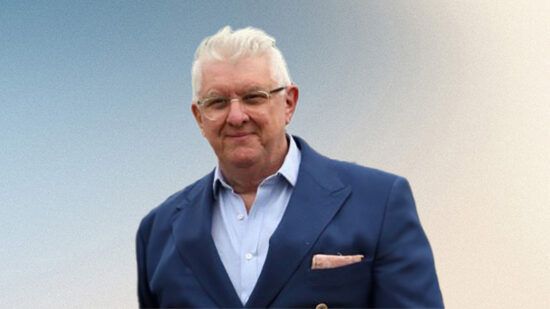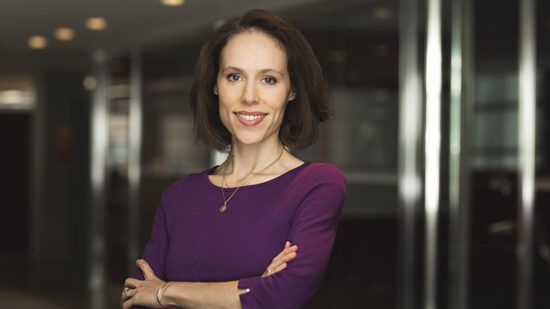This Good Money Week, Quilter’s head of ESG fund research has earmarked three funds to support the transition to a sustainable economy with consistent performance.
Melissa Scaramellini said the funds will help the economy ‘build back better’ post-pandemic as the fund managers engage with companies on their environmental and social practices.
She said: “Investments and personal finance are often overlooked when people consider ways to live more sustainably. But considering how your savings and pension is invested can help support the transition to a sustainable economy, and as part of this support global efforts to reach net zero by the middle of this century.
“Some may adopt an investment strategy which avoids certain industries that are considered harmful. Others may want to choose a strategy that focuses on companies that lead by example, perhaps by offering products or services that contribute positively to the environment, or companies that prioritise the positive treatment of their workforce.
“Investing with fund houses that have leading approaches to stewardship and push company management to adopt more sustainable policies and practices is one of the most important ways someone can use their investments to bring about change.”
See also: – Exclusive: Quilter promises not to discriminate against afro hair
Here are Scaramellini’s top three funds to build back better:
Legal and General Future World Strategy: “Legal and General Investment Management (LGIM) has leading ESG credentials, with a principled and effective approach to active ownership. As part of their Climate Impact Pledge, LGIM names and shames companies they engage with to highlight both those that are taking sector leading action and those that are failing to act. The laggards can be excluded from their Future World strategy and voted against on behalf of LGIM’s full assets under management.
“We like the fact that LGIM strives to continually improve their active ownership approach, including by adding new ESG data points to their quantitative analysis, publishing ESG data on their website and by making it clear to companies what steps to take to improve and by voting against those that fail to act.
“Some have criticised LGIM’s Future World strategy for including companies that other sustainable funds choose to screen out. But we take the view that this enables LGIM to engage with more companies to improve their ESG practices, with the potential to be excluded from the Future World strategy used as an extra incentive for those that do not want to change. You can’t engage with companies if you don’t own them.”
BMO Global Responsible Equity Fund: “The fund seeks to avoid companies that have damaging or unsustainable business practices, and instead favours companies that make a positive contribution to society and the environment. The team also encourages the take-up of best practice management of ESG issues through engagement and voting.
“BMO has a large, well-resourced responsible investment team who work alongside the Global Equity team as well as engaging on behalf of BMO’s Responsible Engagement Overlay service. The fund is made up of 40 to 60 holdings and has a bias to well-run companies with long-term growth drivers within several sustainability driven themes. We think there is a rigorous approach to ESG integration within the investment analysis and valuation, as well as to engagement with companies.”
Regnan Global Equity Impact Solutions Fund: “The fund aims to outperform the broad global equity market by investing in mission-driven companies that have a positive impact on people and the planet. The team look to identify emerging growth opportunities and take advantage of market inefficiencies in pricing in long-term system change.
“The portfolio is concentrated in 20 to 50 global companies that contribute a solution to one of the Sustainable Development Goals (SDGs). We like the considered approach taken to assessing both positive and negative impacts and the fund’s focus on social as well as environmental issues. We also like that the team engages with every portfolio company to reduce any negative impacts that the company is generating.”








